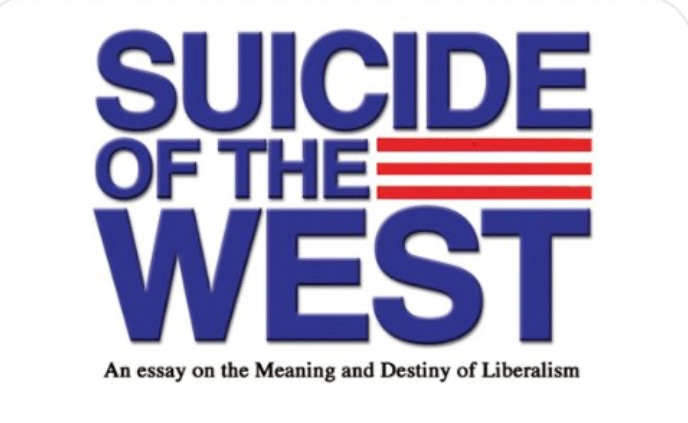Western Civilization's Immunodeficiency Disease
Philosopher Edward Feser examines liberalism on the analogy of an immunodeficiency virus which not only compromises the health of the social body, but leads to its own death as well.
I.
In his classic Suicide of the West, James Burnham famously characterized liberalism as “the ideology of Western suicide.” What is often overlooked is exactly what he meant by this. Burnham clarified as follows:
I do not mean that liberalism is – or will have been – responsible for the contraction and possible disappearance of Western civilization, that liberalism is “the cause” of the contraction… I mean, rather, in part, that liberalism has come to be the typical verbal systematization of the process of Western contraction and withdrawal; that liberalism motivates and justifies the contraction, and reconciles us to it. (p. 26)
Philosophers often distinguish between causes and conditions. For example, when considering what brought about a certain forest fire, we might note that the local foliage had been very dry and that lightning struck a particular tree. Both factors were relevant, but we would identify the lightning as the cause of the fire and the dryness of the foliage as a background condition that made it likely that the cause would generate an effect of that magnitude.
Burnham was saying that liberalism is best thought of not so much as the direct cause of the West’s decline and possible destruction, but rather as a condition that has made it possible for certain causes to bring about those effects.
I will leave aside, for present purposes, Burnham’s own way of developing this theme. What I want to suggest here is that one way of understanding it is on the analogy of immunodeficiency disorders that weaken the body’s immune system in such a way that it cannot effectively fight off infections. Liberalism is like AIDS or other immunodeficiency conditions in that it opens the social order to lethal threats that a healthy body politic would be able to fight off.




